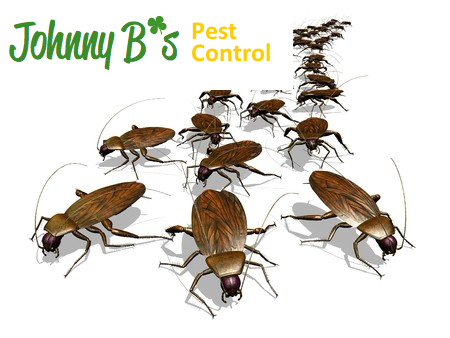Considering the fact that most people around the world have been consuming insects for centuries, you may assume that no harmful consequences could possibly result from accidentally swallowing an insect. For the most part, you would be right, at least according to Dr. Diane Gorgas, the director of Emergency Medicine at The Ohio State University Wexner Medical Center. Swallowing an insect or spider will not result in any health complications, just as long as the bug winds up in the esophagus. Then again, if a bug should wind up around or below the vocal cords, issues could arise. Even in this case, coughing will usually expel the insect or spider, but people have been known to choke on bugs that enter the windpipe located below the vocal cords. Another concern has to do with insects that are known for carrying an abundance of pathogens. These are the types of insects that gravitate toward unsanitary conditions, such as flies and roaches.
Swallowing flies is not necessarily uncommon, as pretty much everyone can recall having inadvertently swallowed a fly or another type of airborne insect at some point. A simple housefly could spread a bacteria known as Shigella to humans. Houseflies are covered with Shigella bacteria, and if this bacteria is acquired by a human, dysentery could result. Accidentally swallowing a flea could cause a human to become infected with a parasitic disease known as double-pored dog tapeworm. While this disease is almost always found only in dogs and cats, humans have been known to acquire this disease as well, especially young children.
Of course, it goes without saying that stinging insects can cause medical problems if they happen to be inadvertently swallowed. This is especially true for those with allergies to insect venom. In these cases, cardiac arrest or possible death could result. Surprisingly, inhaling fragments of a cockroaches’ body could cause breathing difficulties, especially in asthmatics. Even worse, swallowing a bacteria-rich cockroach can lead to a variety of bacterial infections due to the filthy areas where cockroaches often settle.
Have you ever swallowed a flying insect that was not a housefly or gnat?

